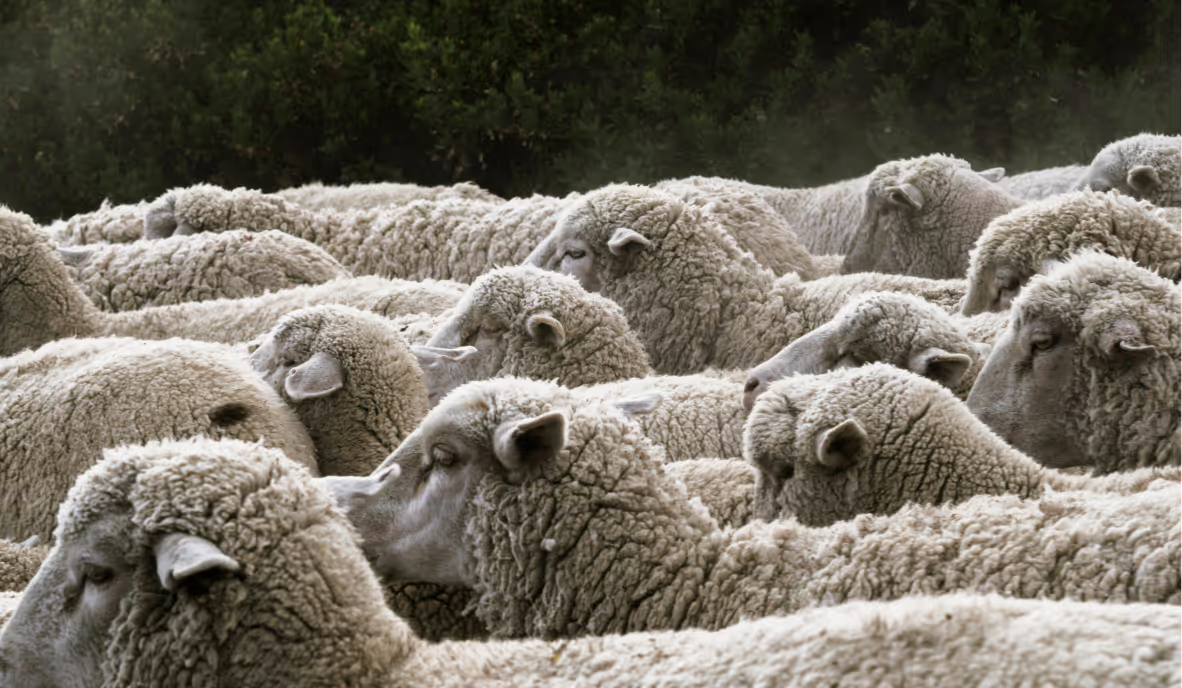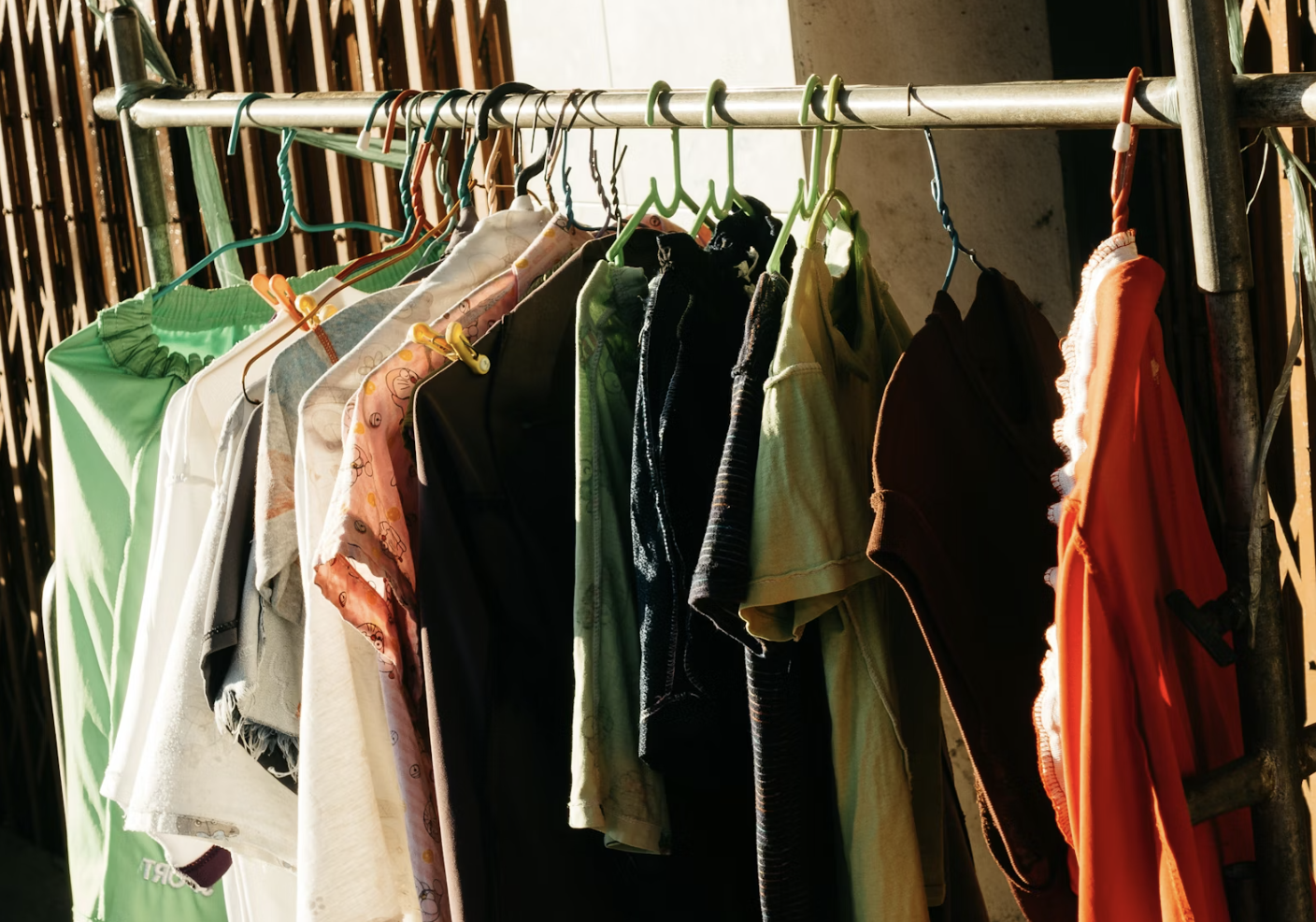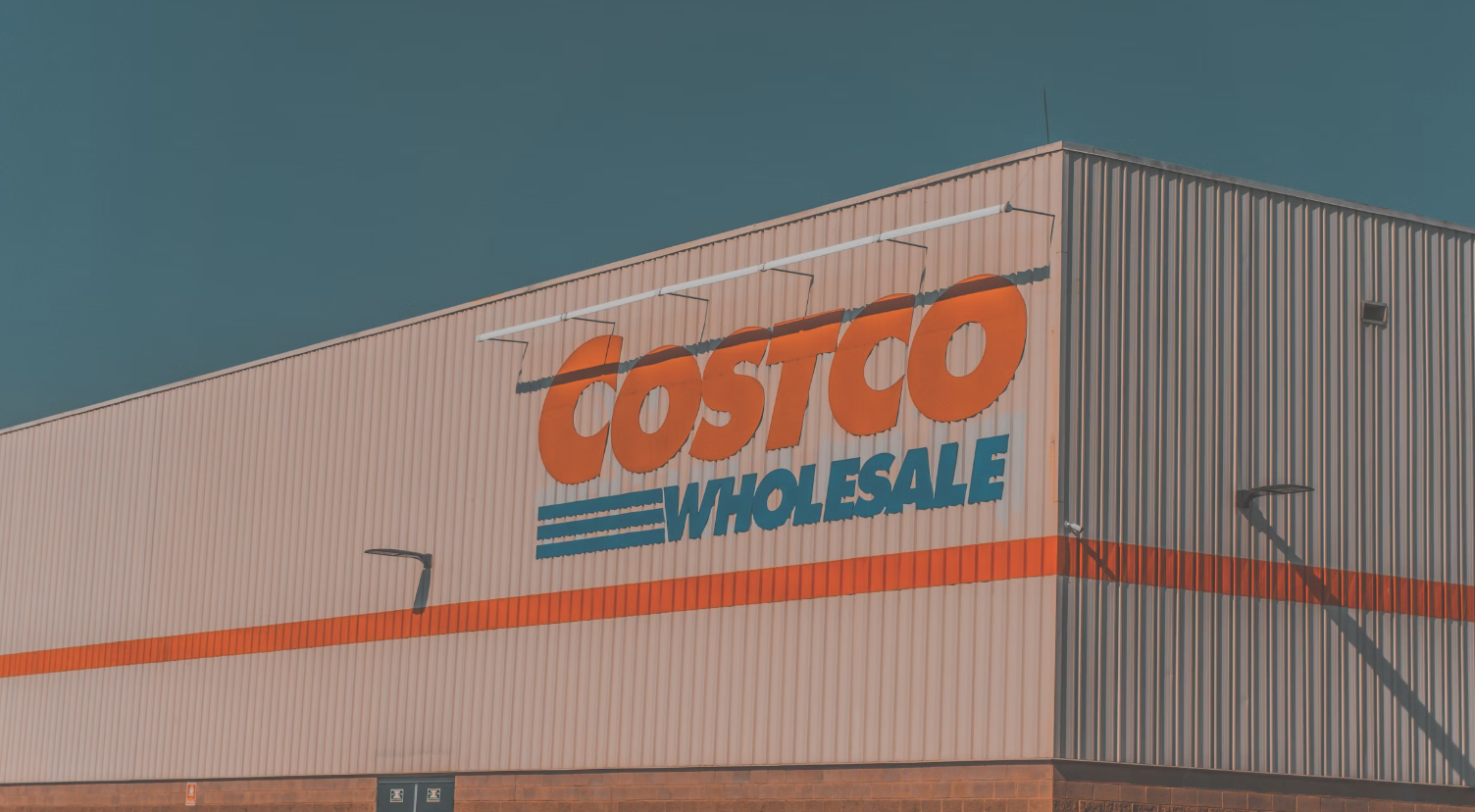How Ethical and Sustainable Is Wool?

Join the community





Humans have been shearing sheep and using wool to stay warm and dry since 10000 BCE. Today, Australia leads the world in wool production but it wasn’t always the case.
In 1789, King Charles IV of Spain gifted six Merino sheep to the Dutch government. These sheep eventually made their way to Australia through South Africa, when British entrepreneur John Macarthur bought and transported them. This move kickstarted Australia's wool industry.
But over the years, as we've produced more and more wool and clothing, it has led to some concerning practices that hurt both animals and our environment.
So, what's the real story? Can we produce wool more sustainably than synthetic materials? Is there a way to raise and shear sheep ethically? Let's dive in and find out.
Is Wool Ethical?
Let’s start with the shearing process. Wild sheep never had much wool — we've actually bred them to overproduce it for our consumption. And while you might think shearing is as simple as getting a haircut, that's far from the truth. Farmers routinely perform painful procedures on sheep, like cutting off their tails. They also practice mulesing — removing skin folds around a lamb's rear end to prevent fly infestations. This is done to prevent a parasitic infection, that is prone to occur because these sheep have been bred.
Is Wool Sustainable?
You probably think that wool is a natural product and at the end of its life, it would break down quickly, unlike synthetic fibers. But here's the thing: raw wool isn't ready to wear right after shearing. The wool is mixed with chemical dyes or finishes that make it difficult to break down in the natural environment.
Then there’s the problem of methane emissions associated with farmed sheep. As sheep are ruminant species, they emit methane, a greenhouse gas responsible for about a quarter of global warming. They also occupy vast areas of land that could support native plants that capture carbon from the atmosphere.
A 2021 study reveals that wool produces 9 times more greenhouse gas emissions than synthetic alternatives like polyester.
Is Wool Vegan?
This one is straightforward. Wool is not vegan since it comes from sheep who are typically kept in inhumane conditions. Even when considered a byproduct of the meat industry (though it's more accurately a co-product), wool still doesn't qualify as vegan.
{{cta-join2}}
Is It OK To Buy Secondhand Wool Products?
The wool industry profits only from new product sales, not secondhand purchases. When you buy pre-owned wool items, you're keeping usable clothing out of landfills instead of supporting wool production. If you already own wool products and are comfortable using animal-derived materials, it's best to wear them as long as possible. If you'd prefer not to use animal products, consider selling your wool items through thrift stores or online marketplaces, or donate them to Buy Nothing groups.
When shopping for new clothes, consider brands like Tentree, Asket, and Outerknown that use wool alternatives such as recycled polyester or recycled cashmere. Many of these brands also incorporate recycled wool into their products. If you decide to purchase new wool items, look for certification from The Responsible Wool Standard. This certification ensures farmers and ranchers meet strict requirements for animal welfare, land management, and social responsibility.












